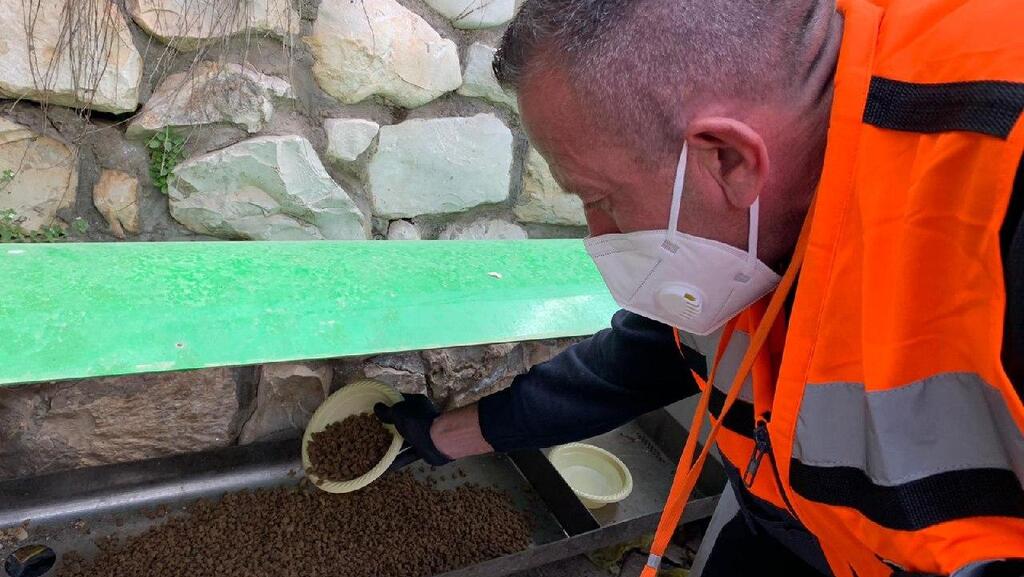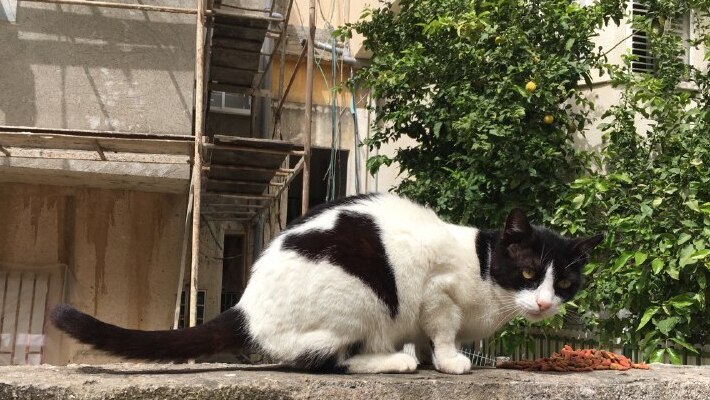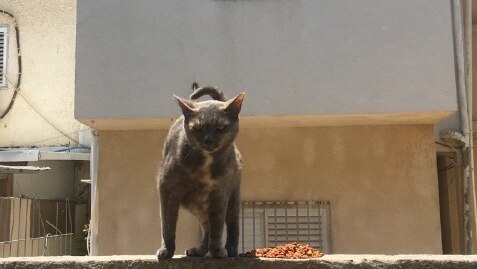Getting your Trinity Audio player ready...
Israel’s population of street cats is now believed to have reached the one million mark, thanks to the abundance of food available on the street, the cats’ high reproduction rate and the roaming of domestic and often unneutered cats.
This sharp increase in the number of stray cats has created serious concerns about their wellbeing and the dangers they pose to public health.
According to data from the Animal Welfare Division at the Agriculture Ministry, about 75-90% of all street cats do not survive their first year, while the life expectancy of an adult street cat is less than five years. Domestic cats live an average of 10-15 years.
About one third of street cats in Israel die from injuries sustained from vehicles, attacks by dogs and disease.
The ministry says that the rising numbers of street cats is also having an adverse effect on Israel’s ecological fabric, with wildlife preyed upon by cats or susceptible to diseases transmitted by them.
A large percentage of the public has also complained about hazards or nuisances stemming from the proliferation of stray cats, including sanitation issues, garbage being scattered and street cats entering their homes.
“In Israel, street cats are fed on a scale not seen in other places around the world, and there is a broad consensus that feeding cats is a good thing," says Liran Plitman, an animal welfare policy advisor at the Agriculture Ministry.
"We want to find a solution, such as arranged feeding," he says.
"In Italy there are cat feeders who cooperate with the authorities. In China they created a feeding facility that only chipped cats can enter.”
The Agriculture Ministry has invited the public to voice their opinions on the issue at a June 4 virtual meeting with representatives of the Animal Welfare Division.
4 View gallery


A Safed municipality worker putting cat food out in one of the city's feeders
(Photo: Safed Municipality)
Yael Arkin, head of the Let the Animals Live charity says: "Public participation is definitely welcome, but this case is a particularly creative way for the ministry not to carry out its primary task of spaying and neutering community cats.”
According to Arkin, the government has the budget but not the manpower to neuter the cats.
"This is an issue that the ministry can resolve without bothering the public,” Arkin says.




